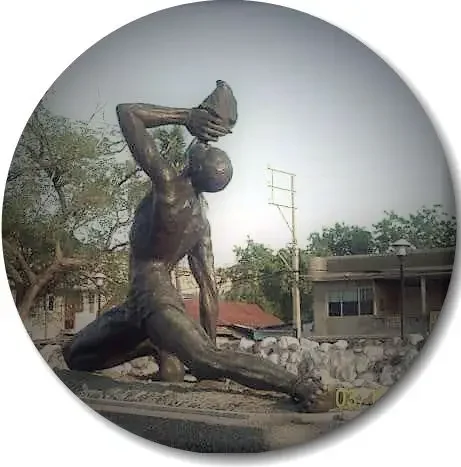Haiti’s Prime Minister, Ariel Henry, is widely viewed as an illegitimate leader.
Having acquired the distinction of being the first black Republic in the hemisphere, Haiti once stood as the most prosperous Island in the Caribbean. Breaking free from the shackles of slavery was not only a momentous step forward, but it was also the morally right thing to do. Haiti was not merely thriving; it served as an exemplary model and a stepping stone for countries and states aspiring for greatness. However, the Island nation has endured numerous challenges throughout time, including indebtedness, hurricanes, and poverty, to name a few. Over the years, the Island, affectionately known as “La Perle des Antilles,” has gradually lost its sparkle, transforming into a mere semblance of its illustrious past. With the passage of time, Haiti resembles a fragile sandcastle, continuously losing ground as its dire circumstances worsen.
Despite several UN interventions over the years, the Island nation continues to sink at an alarming rate. It is undeniable that decisive action must be taken, but the question remains – what should be done and how? Haiti’s prime minister, Ariel Henry, widely regarded as an illegitimate leader, has been persistently appealing for international intervention for nearly a year, albeit with little response.
However, on Monday, the Security Council gave authorization for the Kenyan-led operation, even though it is technically not a U.N. peacekeeping mission. Many crucial details, such as the rules of engagement and the involvement of other nations in Haiti alongside Kenya, still need to be ironed out. While several Caribbean countries have pledged their support, specific commitments are yet to be confirmed.
Although this step undoubtedly indicates progress in the right direction, it has faced significant opposition from various quarters across the globe. While some Haitians applaud the UN’s decision, others express their dissent. Miami-Dade Commissioner Marleine Bastien firmly rejects any U.N. presence, viewing it as unwanted foreign occupation. She advocates for the Haitian people to be allowed to determine their future without external interference, emphasizing their status as a sovereign nation. “There is a prevailing sentiment among certain individuals that Haitians should have the freedom to shape their destiny without outside intervention,” stated Marleine Bastien.
What are your thoughts on the situation? How do you perceive and analyze the circumstances?


It is true that “Haitians should have the freedom to shape their destiny without outside intervention,” but it seems that since Haitians fought for that freedom leading up to and since 1804, they have never had that freedom. The crippling debt paid to France under the guise of maintaining said freedom was outside intervention enough to severely delay the shaping of their destiny. As it has indeed been much outside intervention that has led to the nation’s current situation, it appears that it is also outside intervention that will be needed to make a much-needed positive change.
It has often resonated with me that it will be the Diaspora that come together to help the nation rise again. Through the thickets of violence, there needs to be a clearance for those who will lead the way of peace and prosperity. With the current gang violence in Haiti, there is no way that outside groups e.g. medical missions and other well-meaning civilian missions can safely provide aid to the people who truly need it. With the unrest of “PetroCaribe” in 2019 and the global pandemic of 2020 followed by the assassination of Jovenel Moise in 2021 and ensuing chaos that continues, it has been 5 years since I last went on a medical mission to Haiti; I wish I could go back to do some good in Haiti without a real fear of being killed or kidnapped. Hopefully this mission led by Kenya will be one step towards creating a clearance that will give way to transforming a nation.
Patience is golden, thank you.